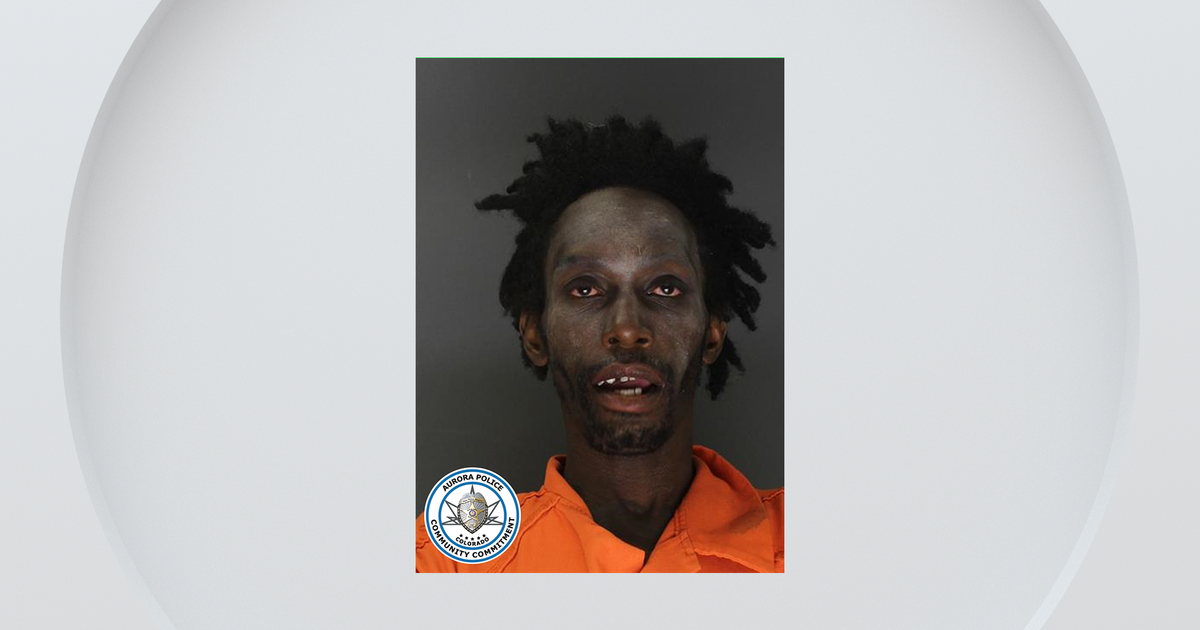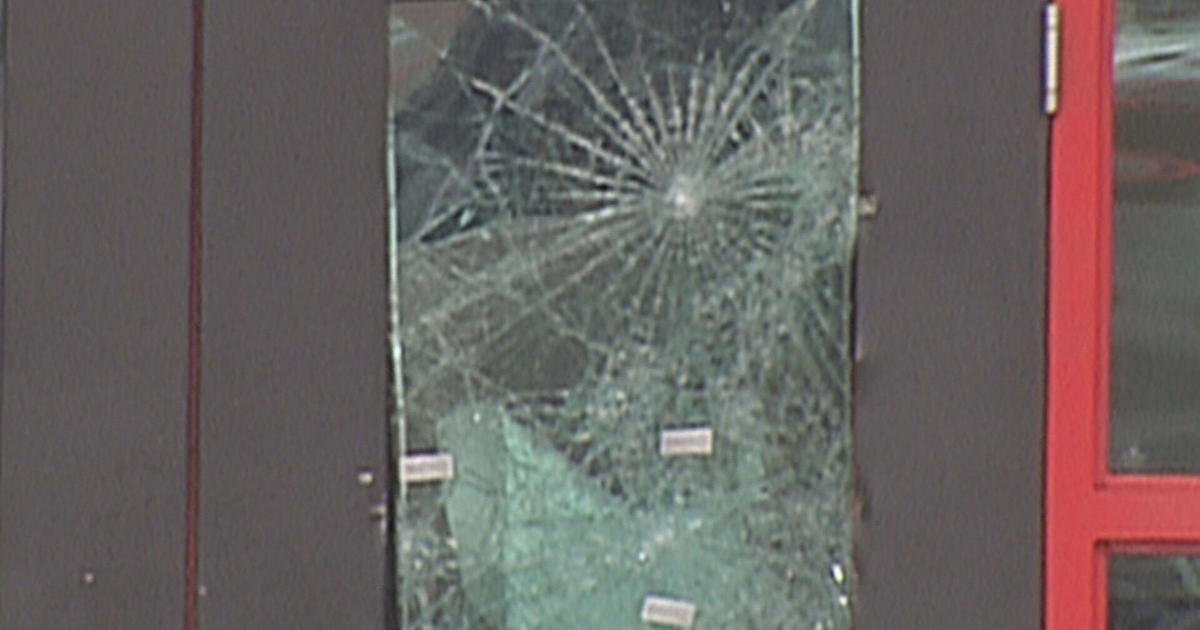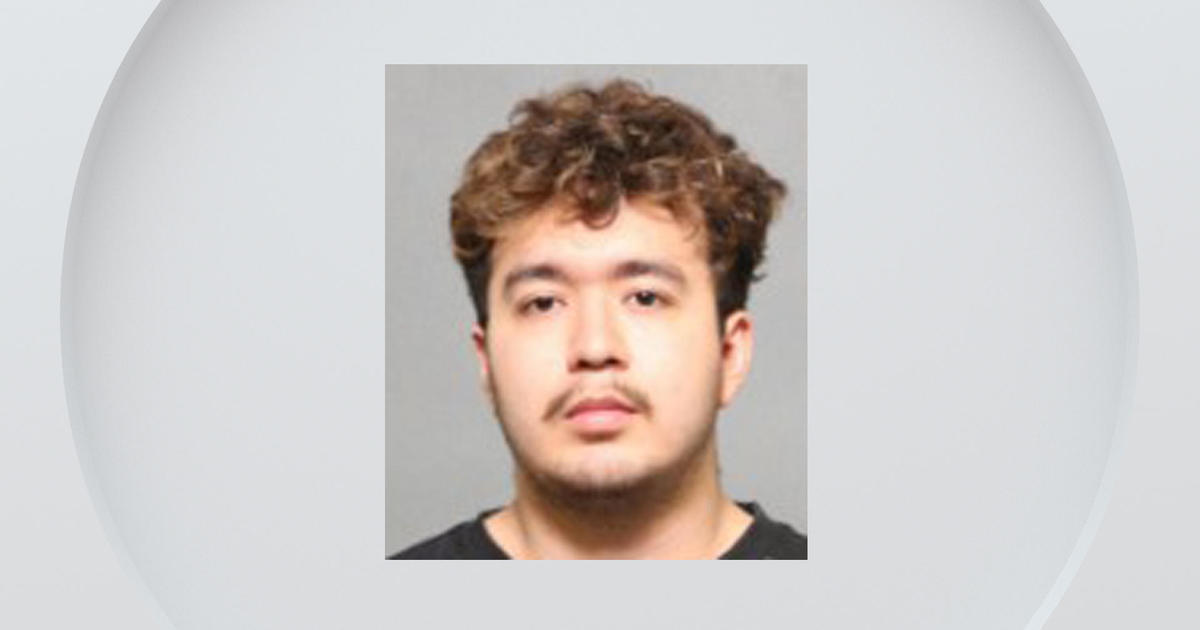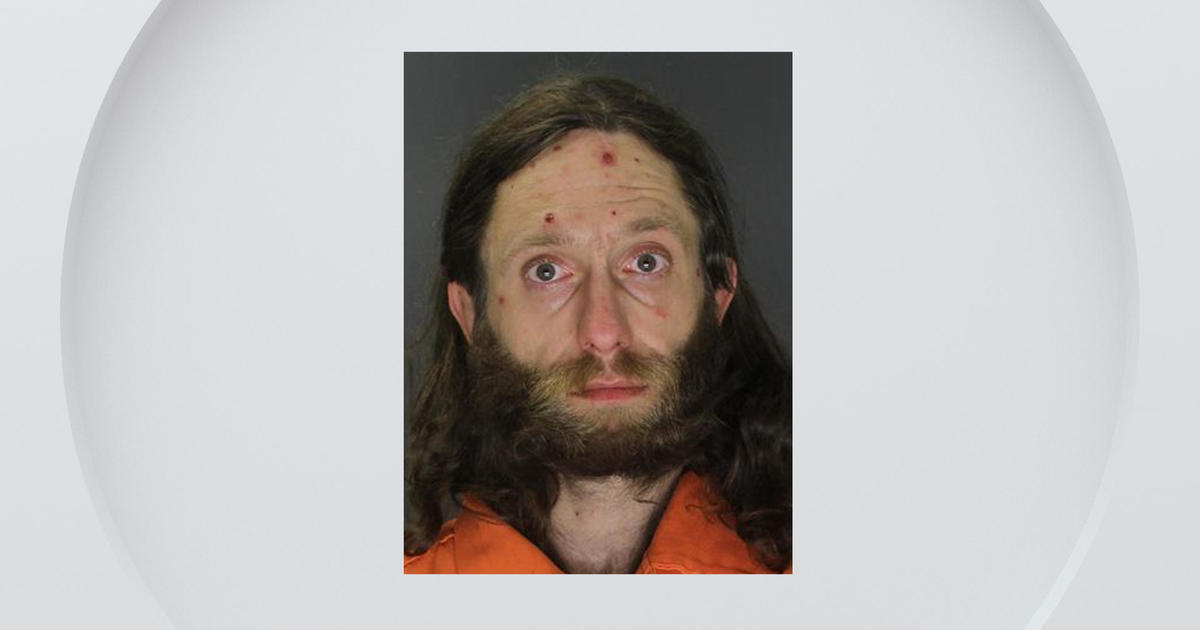Aurora Police Say DNA Evidence In 48 Alleged Sex Cases Destroyed In Error
AURORA, Colo. (AP/CBS4) — Preliminary information shows the Aurora Police Department mistakenly destroyed DNA evidence in 48 alleged sexual assault cases from 2009, including one case in which no one had been charged yet, Police Chief Daniel Oates said Tuesday night.
Oates publicly announced the errors after first apologizing in person to the accuser in the active case for the "grievous" mistake. He said the meeting at the accuser's home was difficult but that she was gracious and understanding.
The problem came to light after a detective who found a DNA match in a 2009 case found that other evidence was gone, the police department said.
A subsequent investigation found that in 30 cases, an injured officer assigned to light duty apparently destroyed evidence in error, Oates said. In 18 other cases, after a lead detective determined evidence could be destroyed, a technician in the property and evidence unit didn't follow department protocol and review that recommendation to see whether it was allowed under the law.
The department is investigating whether other cases besides alleged sexual assaults were affected.
"We obviously have a problem," Oates said. He has ordered that no more cases involving DNA evidence be destroyed until the errors can be fully reviewed. He has asked a panel including prosecutors and law-enforcement experts to recommend improvements by Nov. 1.
The department typically takes in about 50,000 pieces of evidence and property a year and routinely releases or destroys the same amount each year to make room.
All the mistakenly destroyed evidence was from 2009, when the police department changed its policies for destroying evidence to comply with a new state law tightening requirements for keeping and destroying evidence.
Oates said better training or rewritten policies may be needed so it is clear to officers when evidence must be preserved.
News Release From The Aurora Police Department
The Aurora Police Department was recently made aware of a number of instances in which DNA evidence in the custody of its Property and Evidence Unit was improperly destroyed. Chief Daniel Oates will hold a press conference at 7:30 p.m. this evening at the Jury Assembly Room of the Aurora Municipal Court to explain this finding and the remedial steps being taken by the Department.
In the regular course of business, the APD takes into custody roughly 50,000 pieces of evidence and property each year. In order to make room for this material, it is the routine practice of the APD to release, destroy or dispose of roughly 50,000 pieces of evidence and property each year as well. In 2009, Colorado passed a law that tightened the requirements for retention and destruction of DNA evidence (CRS 18-1-1104). APD's Property and Evidence Unit adopted policies designed to ensure compliance with the new law.
The Department recently became aware that in some 2009 cases, potential or actual DNA evidence was destroyed in error, and in some cases, this was done in apparent violation of the statute. The problem came to light when there was a DNA match made in a 2009 sex assault case. The detective assigned to the case discovered that the remaining DNA evidence in APD custody, and all other evidence in the case, had been destroyed in error. The Department immediately began an investigation to determine the extent of the problem.
The preliminary findings are that there are 48 cases involving an alleged sex assault in which potential or actual DNA evidence, along with all other evidence in the case, was destroyed in error. In 18 of these cases, the lead detective in the case apparently recommended the destruction of the evidence, which is only the first step in the APD protocol, and is supposed to be followed by a review of the case by a Property and Evidence Unit technician to ensure that destruction is permissible under the law. In these 18 cases, that evaluation apparently did not occur and the evidence was destroyed. In the remaining 30 cases, an injured officer assigned to light duty in the Property and Evidence Unit apparently destroyed all the evidence in error and did not follow APD protocol.
The Department is also looking into whether cases other than alleged sex assaults may have been impacted.
As an immediate remedial step, Chief Oates directed that no cases involving actual or potential DNA evidence be destroyed until a full evaluation of the errors in the Property and Evidence Unit takes place.
Chief Oates has requested that an expert panel convene to review this entire matter and to make findings and recommendations to ensure that best practices are followed in the future. The panel will be chaired by Deputy Chief Terry Jones. Attorney General John Suthers has assigned Senior Assistant Attorney General Julie Selsberg, a DNA expert, to the panel. Retired Colorado Springs Police Chief Richard Myers, a former commissioner for the national Commission on Accreditation for Law Enforcement Agencies (CALEA), will also serve on the panel, as will Colorado State University Chief of Police Wendy Rich-Goldschmidt. District Attorney George Brauchler of the 18th Judicial District has assigned Chief Deputy District Attorney Ann Tomsic to the panel. District Attorney Dave Young of the 17th Judicial District has agreed to assign a senior assistant to the panel in the days ahead. Commander Fran Gomez of Aurora PD will also serve on the panel.
Chief Oates has asked that the panel do a thorough analysis of what went wrong in this matter and that it produce a public report with recommendations by November 1, 2013. In the meantime, the APD will consult with the District Attorneys' offices regarding any appropriate notifications that need to be made to any affected victims or accused defendants.
(TM and © Copyright 2013 CBS Radio Inc. and its relevant subsidiaries. CBS RADIO and EYE Logo TM and Copyright 2012 CBS Broadcasting Inc. Used under license. All Rights Reserved. This material may not be published, broadcast, rewritten, or redistributed. The Associated Press contributed to this report.)



